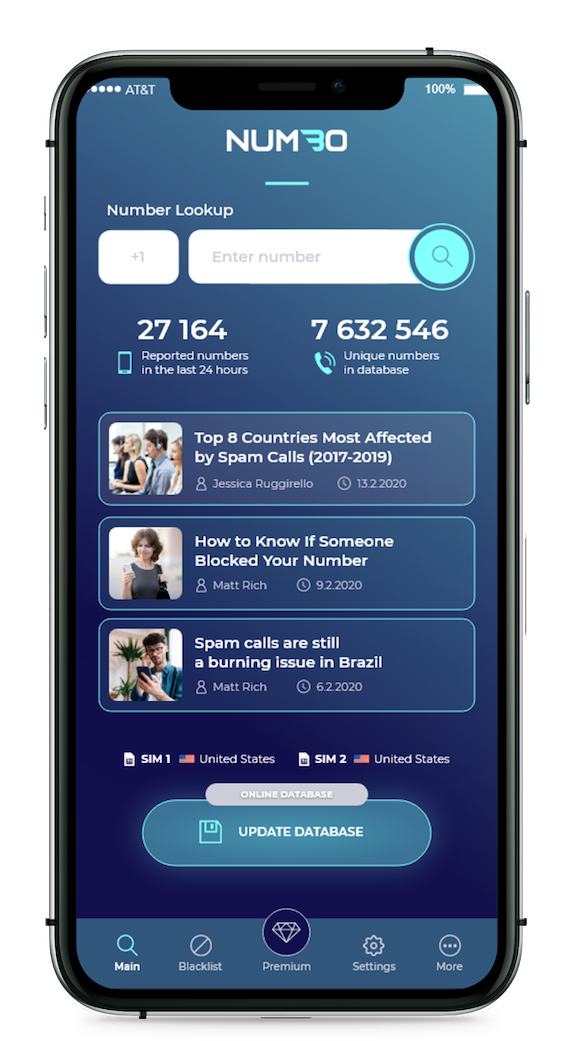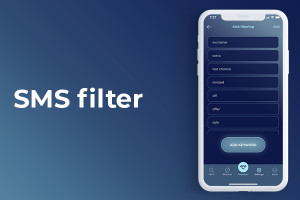4 Types of Scams You Are Most Likely to Fall For
Scam and spam calls are becoming more and more sophisticated. Counting on people’s confusion, fear, and panic they will use carefully crafted scripts to steal your money.
Think you are too smart to fall for a scam like that? Think again.
There are entire companies working daily to come up with new ways to con innocent people into giving them their hard earned money.
What are the most dangerous phone scams you could fall for right now?
Read also:
- Learn the Difference Between Spam, Scam, and Robocalls
- One Ring Scam Calls: How to Protect Yourself
- Inside the Mind of a “Professional Scam Caller”
- Top 8 Countries Most Affected by Spam Calls

1. The IRS Scam
Tax season is stressful enough without opportunistic scam callers on top of that. They take advantage of stressed and confused taxpayers to rob them of their money.
Scammers would send a pre-recorded call (also known as Robocall) demanding a payment for supposedly owed tax money. Often threatening to call local authorities if the payment isn’t made immediately.
Truth is, the IRS never calls taxpayers without warning them about an issue through the mail. The ITS would also never threaten to contact local police or similar authorities.
If you suspect you have been targeted as a potential victim of the IRS Scam, call the IRS at its official number at 800-829-1040 to verify the information.
2. Tech Support Scam
Do you think your computer is secure? That no one can get to your information? Well, scammers can.
The Tech Support Scam means that a pop-up appears on your computer saying a virus or a different threat has been identified on your computer and you need to call a certain number to solve the issue. Unfortunately, this alert is fake implanted by the scammers who will wait for you on the other side of the phone.
They will promise to solve your non-existent technical problem for a hefty sum. A distressed user will be willing to agree to save their computer and all the data and information inside.
3. Finance Scams
Ever received a call from your bank? If yes you probably remember panicking and thinking about all the things that could happen if something went wrong with your bank account. You wouldn’t be able to think clearly and unconsciously gave every piece of information they would ask of you.
This is what finance scammers hope for. They can even spoof your bank’s phone number to appear legit. Knowing detailed information about you, your address, your bank account, and card number they will gain your trust, and ask you about even more information they are missing, like the security code on the back of your card, or your security password.
At this point the scammers have all the information they need to milk you of all your savings placed in the bank account.
4. SSA Scam Calls
Also known as Social Security Scams, these scammers hope to get your Social Security number. They pose as government officials to get your trust, and/or fear to steal your money or even your whole identity.
The most common scam is when you receive a call (often a robocall) saying your Social Security numbers has been linked to criminal activity and suspended. They might ask you to confirm your Social Security number and even pay a fee to restore it. Social Security does not block or suspend numbers, ever.
A real SSA worker will never ask you to confirm your Social Security number over the phone. They wouldn’t even call you in the first place, if you weren’t already in contact with them.
How can you protect yourself?
As scammers are getting smarter and smarter, we cannot rely solely on our wit and alertness. Legal action is not capable to keep up with all the newest fraud techniques. That is why we need some other, secure and reliable way to protect ourselves from scam and spam callers.
A call blocking app is just what you need. With a database of millions of phone numbers you will be alerted every time you receive a suspicious phone call. You can also use it to report a suspicious number.
Let’s help each other create a world free of spam and scam calls.

 09.04.2021
09.04.2021
 21.05.2021
21.05.2021













